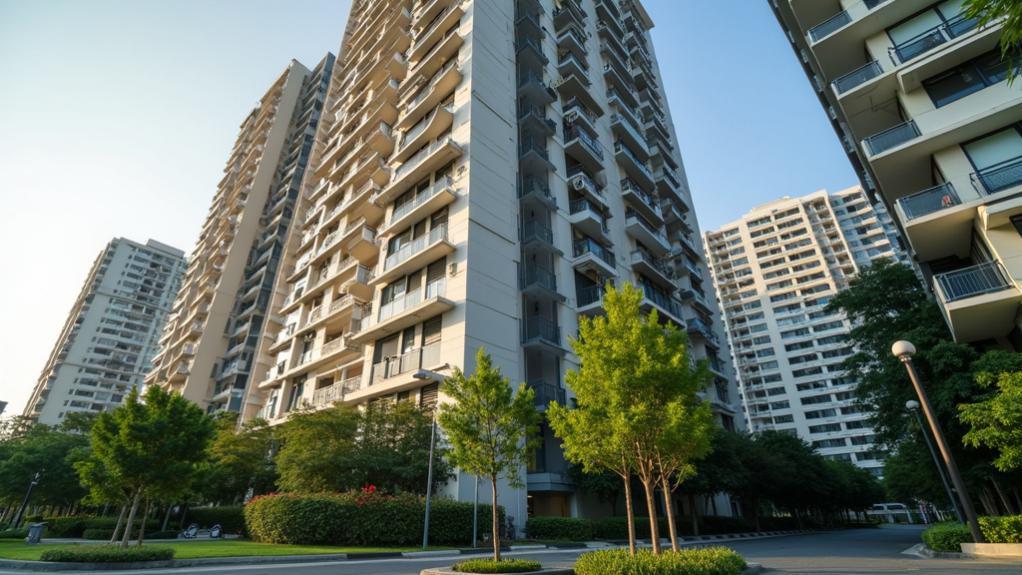The cornerstone of Singapore’s public housing policy, the Minimum Occupation Period (MOP), represents a critical regulatory framework established by the Housing & Development Board (HDB) to guarantee the integrity of the nation’s residential property market. Fundamentally designed to prevent speculative investment in public housing assets, the MOP mandates that property owners physically reside in their HDB flats for a specified duration before gaining the opportunity to sell or rent out the entire unit, thereby ensuring these properties fulfill their primary purpose as homes rather than investment vehicles.
Singapore’s MOP policy anchors public housing integrity, preventing speculation by requiring owners to inhabit their homes before monetizing them.
The standard five-year MOP applies to most BTO and resale flats, commencing from the date of key collection; however, significant variations exist across different housing schemes. Prime Location Public Housing (PLH) flats, introduced to maintain affordability in centrally located areas, require an extended 10-year occupation commitment. More stringently, the Fresh Start Housing Scheme imposes a 20-year MOP, reflecting its specialized social purpose. Executive Condominiums (ECs) also require five years MOP before they can be sold to Singapore Citizens and Permanent Residents.
SERS replacement flats operate under a unique calculation method—either seven years from selection or five years from key collection, whichever concludes first—illustrating the policy’s adaptability to different circumstances.
During the MOP period, owners face substantial restrictions on property utilization and investment activities. The prohibition against selling the flat or renting it out in its entirety remains absolute, though renting individual rooms may be permitted with prior HDB approval. Completing the MOP provides homeowners with greater property flexibility and expanded opportunities for lifestyle enhancement and investment options.
Importantly, the MOP calculation is not strictly linear; periods of absence from Singapore or unauthorized subletting can extend the required occupation timeframe, as these intervals do not count toward fulfilling the obligation.
Post-MOP completion opens considerable financial flexibility for property owners. Only after this mandatory period can individuals sell their flat on the open market, rent out the entire unit, or purchase private residential property within Singapore. There are notable exemptions to the standard MOP rule, with one-room flats purchased without CPF Housing Grant being completely MOP exempt for qualified buyers.
This carefully calibrated approach to housing regulation effectively balances individual aspirations against collective social objectives, maintaining the fundamental principle that public housing should primarily serve residential needs rather than wealth accumulation.





